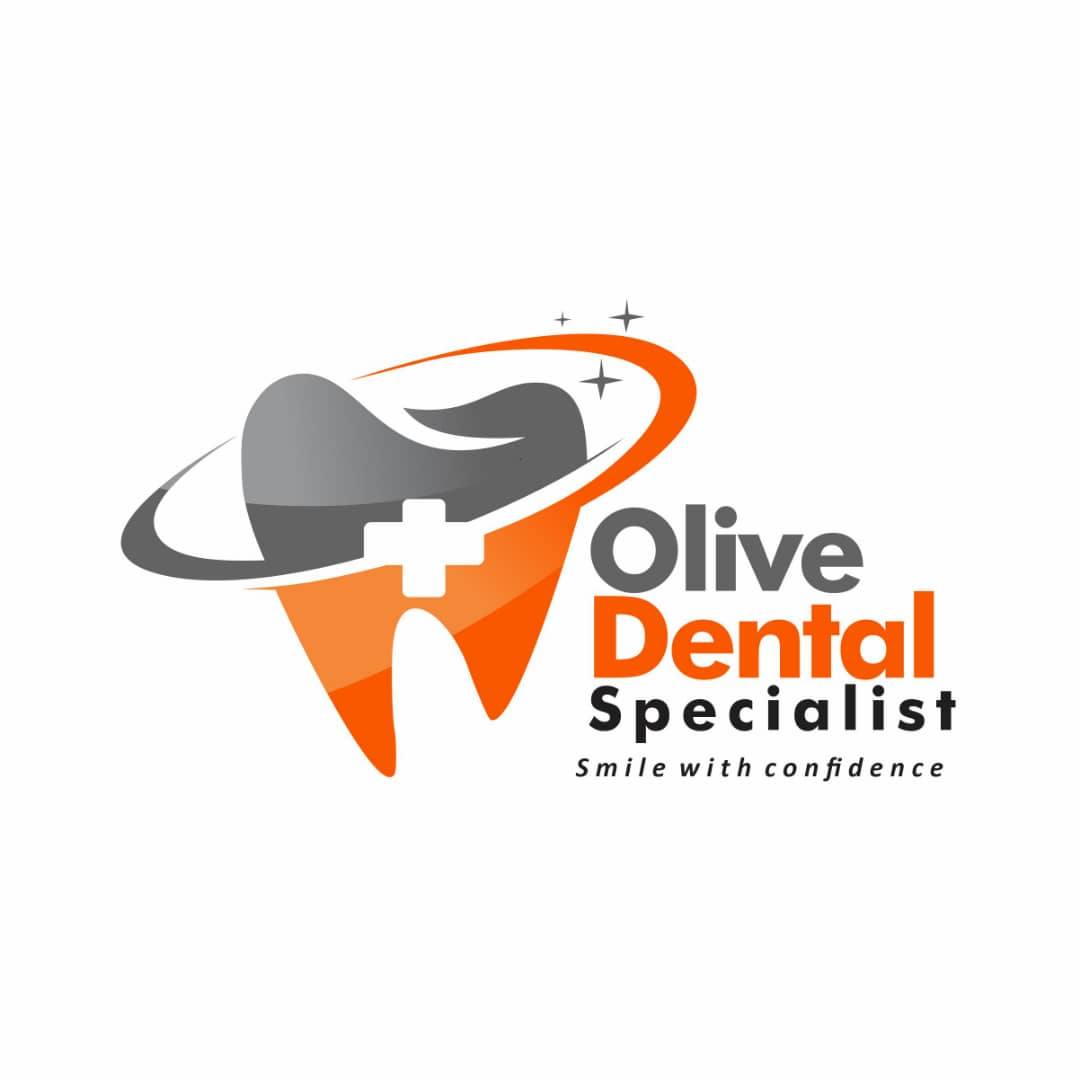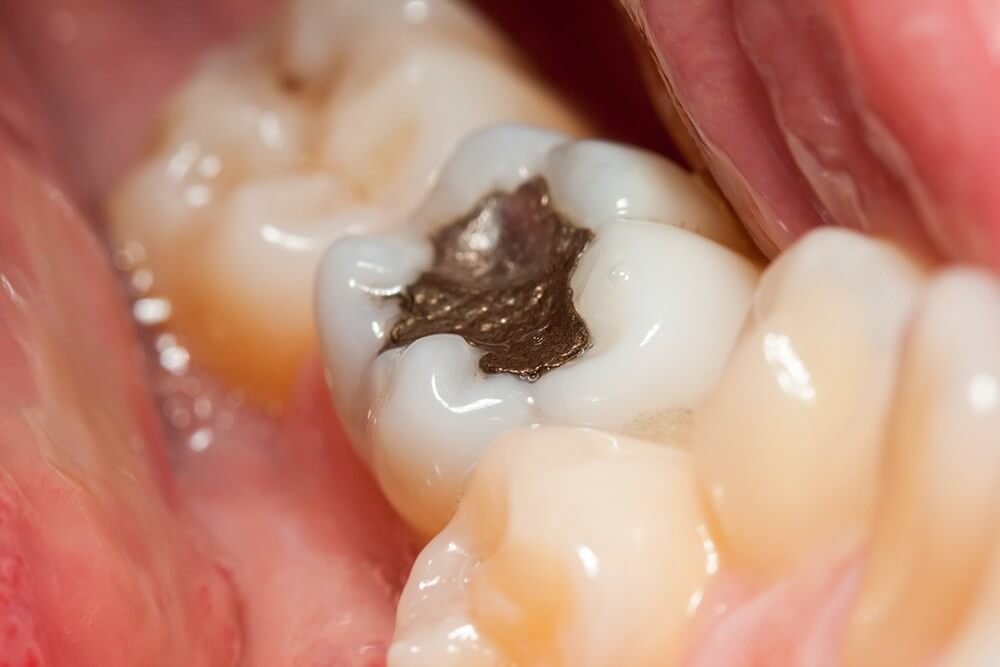It’s no secret that sugar and dental problems go hand in hand. We’ve been told since childhood that consuming too many sweets will “rot your teeth.” But how true is that? Does sugar actually cause cavities? And if so, how does this process work? These are questions many people still have.
If you’ve ever wondered whether that sugary treat could harm your teeth—or what you can do to prevent tooth decay—you’ve come to the right place. In this in-depth guide, we’ll explore how sugar affects oral health, how cavities are formed, and what you can do to protect your teeth for the long term.
At Olive Dental Clinic, we’re committed to providing comprehensive dental solutions that not only address oral health problems but also help build your confidence through a brighter, healthier smile. Let’s walk you through everything you need to know about the link between sugar and cavities.
What Is a Tooth Cavity and How Is It Developed?
A tooth cavity, also known as dental caries, is a hole in the tooth that develops when the outer enamel breaks down due to acid erosion and bacterial activity. The enamel is the hardest substance in the human body, but it is not indestructible. Over time, exposure to acids weakens the enamel, leading to tiny holes that grow larger if untreated.
The process typically begins with plaque—a sticky film made of bacteria, food particles, and saliva—that forms on the surface of teeth. When plaque is not removed through proper brushing and flossing, it hardens into tartar and begins to eat away at the enamel.
Sugar doesn’t directly “cause” a cavity, but it fuels the bacteria that live in plaque. These bacteria feed on sugars and produce acids as a byproduct. This acidic environment is what causes enamel erosion and eventually leads to cavity formation.
Severe cavities don’t just stop at enamel damage. If the decay reaches the dentin (the softer layer beneath the enamel) or the pulp (the innermost part containing nerves and blood vessels), it can cause pain, infection, and even tooth loss.
Does Sugar Really Cause Cavities?
Technically, no—sugar itself doesn’t create cavities. What sugar does is feed the harmful bacteria in your mouth. These bacteria, such as Streptococcus mutans, digest sugar and produce acids that erode tooth enamel.
So in reality, it’s the bacteria and the acid they produce that are responsible for cavities, but sugar is the critical catalyst. The more sugar you consume, and the longer it stays in your mouth, the more fuel these bacteria have to create decay-causing acid.
Even so-called “healthy sugars” found in fruit juices, smoothies, and sports drinks can contribute to this problem. And sticky or chewy candies pose an even higher risk because they tend to cling to the teeth and stay in the mouth longer.
How Sugar Consumption Affects Oral Health
When sugar is consumed frequently throughout the day, your mouth experiences repeated acid attacks. It takes about 20–30 minutes for your saliva to neutralize acid after eating. If you’re constantly snacking on sugary foods or sipping sugary beverages, your teeth are under near-constant acid exposure. This significantly increases the likelihood of developing cavities.
Here’s what happens in simple terms:
- You consume sugar.
- Bacteria in your mouth feed on the sugar.
- Bacteria produce acid.
- Acid erodes your enamel.
- Over time, the erosion leads to cavities.
Moreover, sugary diets can also:
- Increase the risk of gum disease.
- Cause bad breath (due to increased bacterial activity).
- Make teeth more sensitive.
- Lead to tooth discoloration over time.
Signs You May Have a Cavity
Tooth decay doesn’t always cause pain right away. However, here are some early warning signs that a cavity may be forming:
- Persistent tooth sensitivity to hot, cold, or sweets
- Spontaneous or sharp toothaches
- Pain while chewing or biting
- Visible holes or dark spots on the tooth
- Bad breath or a bad taste in the mouth
If you notice any of these symptoms, it’s essential to schedule a dental appointment immediately. Early diagnosis and treatment can save your tooth from more invasive procedures like a root canal.
Practical Tips to Prevent Cavities Caused by Sugar
Preventing cavities starts with making smarter choices around diet and dental hygiene. Here’s how you can significantly reduce your risk, even if you enjoy the occasional treat:
1. Limit Sugary Snacks and Drinks
Avoid frequent snacking, especially on sweets, candies, soda, and sweetened beverages. Instead, opt for healthier snacks like raw vegetables, cheese, or nuts that don’t feed harmful bacteria.
2. Rinse Your Mouth After Eating
If you’ve had something sugary and don’t have access to a toothbrush, rinse your mouth with plain water. This helps wash away food particles and neutralize some of the acid.
3. Stay Hydrated
A dry mouth provides an ideal environment for bacteria to thrive. Drinking plenty of water helps stimulate saliva production, which is your mouth’s natural defense against acid and plaque buildup.
4. Avoid Late-Night Sugar
Never go to bed right after consuming sugary foods or drinks. At night, your mouth produces less saliva, making it harder to wash away sugars and acids. This gives bacteria a perfect opportunity to cause decay.
5. Brush and Floss Daily
Brush your teeth at least twice a day for two minutes, and don’t forget to floss once daily. Using fluoride toothpaste strengthens enamel and helps resist acid attacks.
6. Use Mouthwash
Antibacterial mouthwashes can help kill harmful bacteria and reduce plaque. Look for alcohol-free options with fluoride to boost enamel strength.
7. Chew Sugar-Free Gum
Chewing sugar-free gum after meals helps stimulate saliva production, which aids in washing away food particles and neutralizing acid.
8. Regular Dental Visits
Seeing your dentist at least twice a year for cleanings and check-ups is critical. A dental professional can spot early signs of decay and recommend preventive care tailored to your needs.
What If You Already Have a Cavity?
If you suspect a cavity has already formed, early treatment is key. The sooner a cavity is treated, the less damage it will do and the more likely you’ll avoid more extensive procedures.
Depending on the severity of the decay, your dentist may recommend:
- Dental fillings to restore the tooth
- Fluoride treatments to strengthen weak spots
- Root canal therapy if the decay has reached the pulp
- Crowns for severely damaged teeth
Delaying treatment can result in infection, abscesses, and ultimately, tooth loss. Remember, addressing cavities early preserves more of your natural tooth and saves you from costly treatments down the road.
The Real Culprit: Bacteria + Sugar + Time
To clarify once again—sugar is not the direct cause of cavities, but it significantly contributes by feeding harmful bacteria. The real threat is the acid these bacteria produce, combined with poor oral hygiene and frequent exposure to sugar over time.
To maintain a healthy smile and avoid cavities, it’s not just about avoiding sugar altogether. It’s about understanding how sugar works and making intentional, protective choices in your daily habits.
At our dental clinic, we are dedicated to providing comprehensive dental solutions that address issues like tooth decay from every angle—education, prevention, and expert treatment. We want to empower our patients with the knowledge and care they need to protect their oral health and smile with confidence.
Final Thoughts
Sugar may be sweet, but the consequences of overindulging in it are far from it. Cavities don’t appear overnight, but the effects of sugar on your teeth accumulate silently, making prevention all the more crucial.
With a consistent oral care routine, mindful eating habits, and regular dental check-ups, you can enjoy a healthier mouth—and enjoy the occasional treat—without fear of decay.
Don’t let sugar steal your smile. Let us help you take the best possible care of your teeth.
If you’re concerned about cavities or want to learn more about how to keep your teeth healthy for life, book a consultation with our dental team today. We’re here to guide you with personalized, effective care that enhances your oral health and your confidence.



